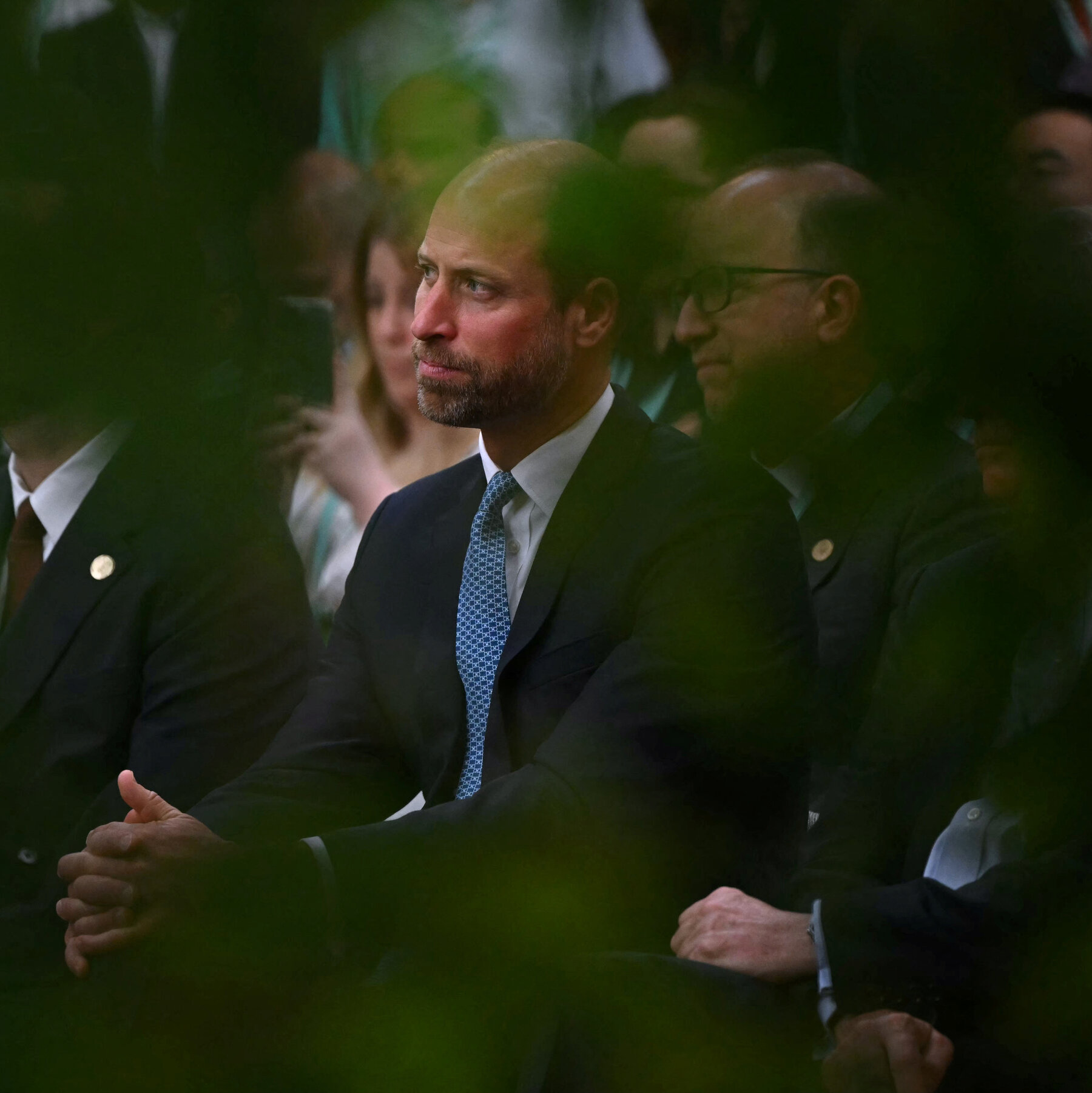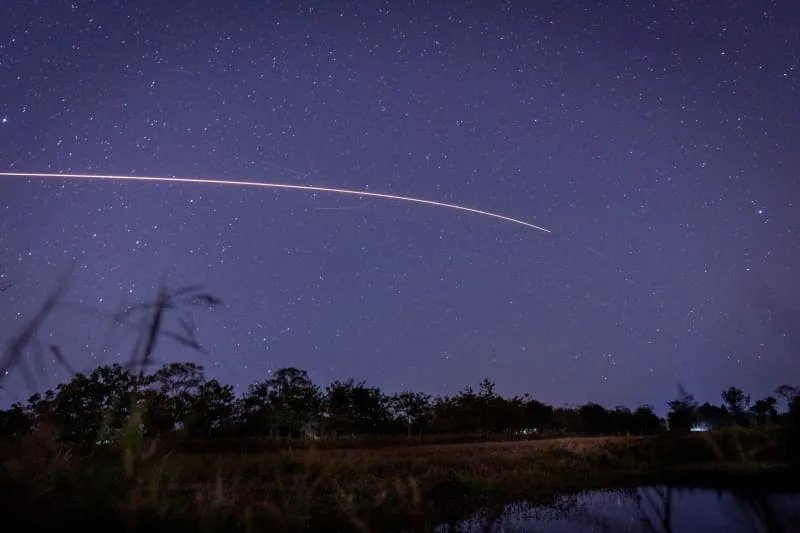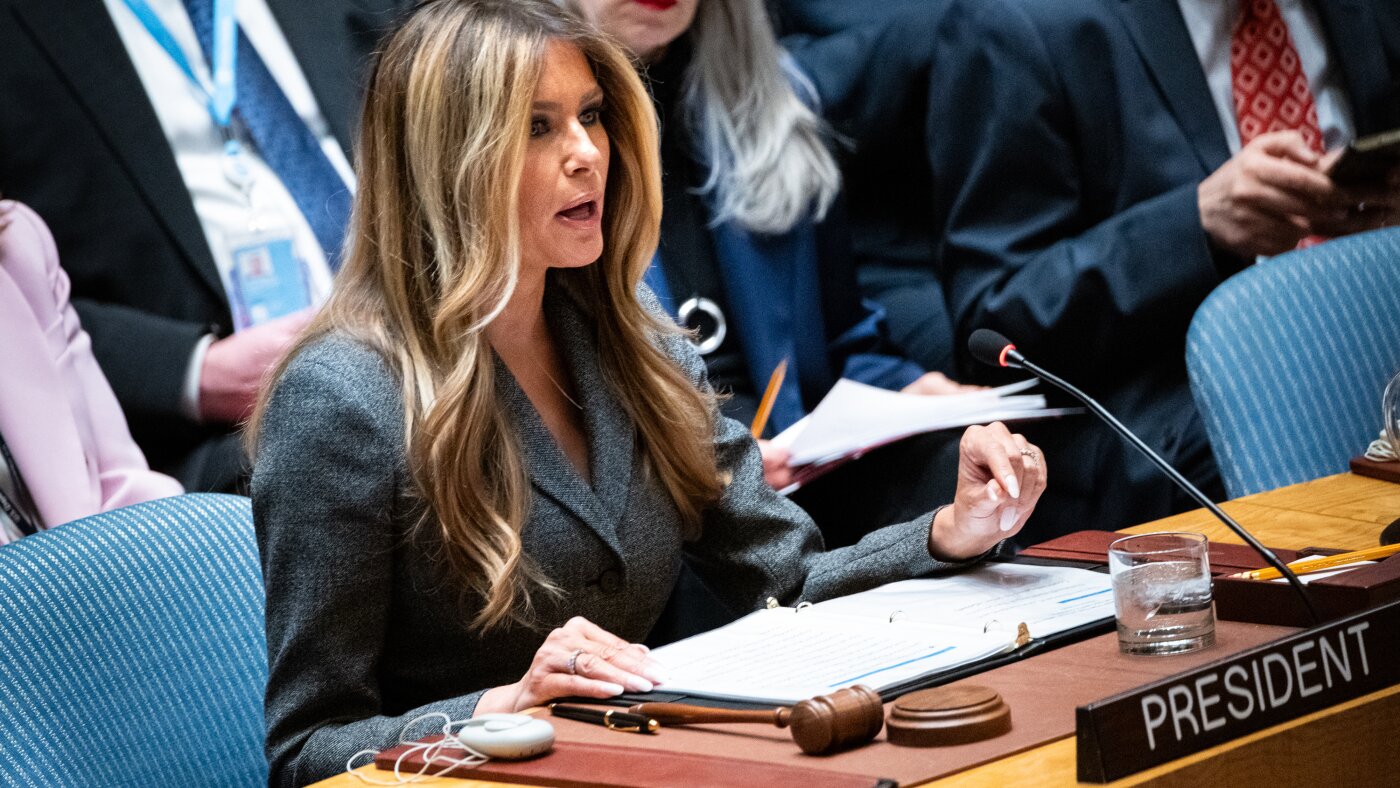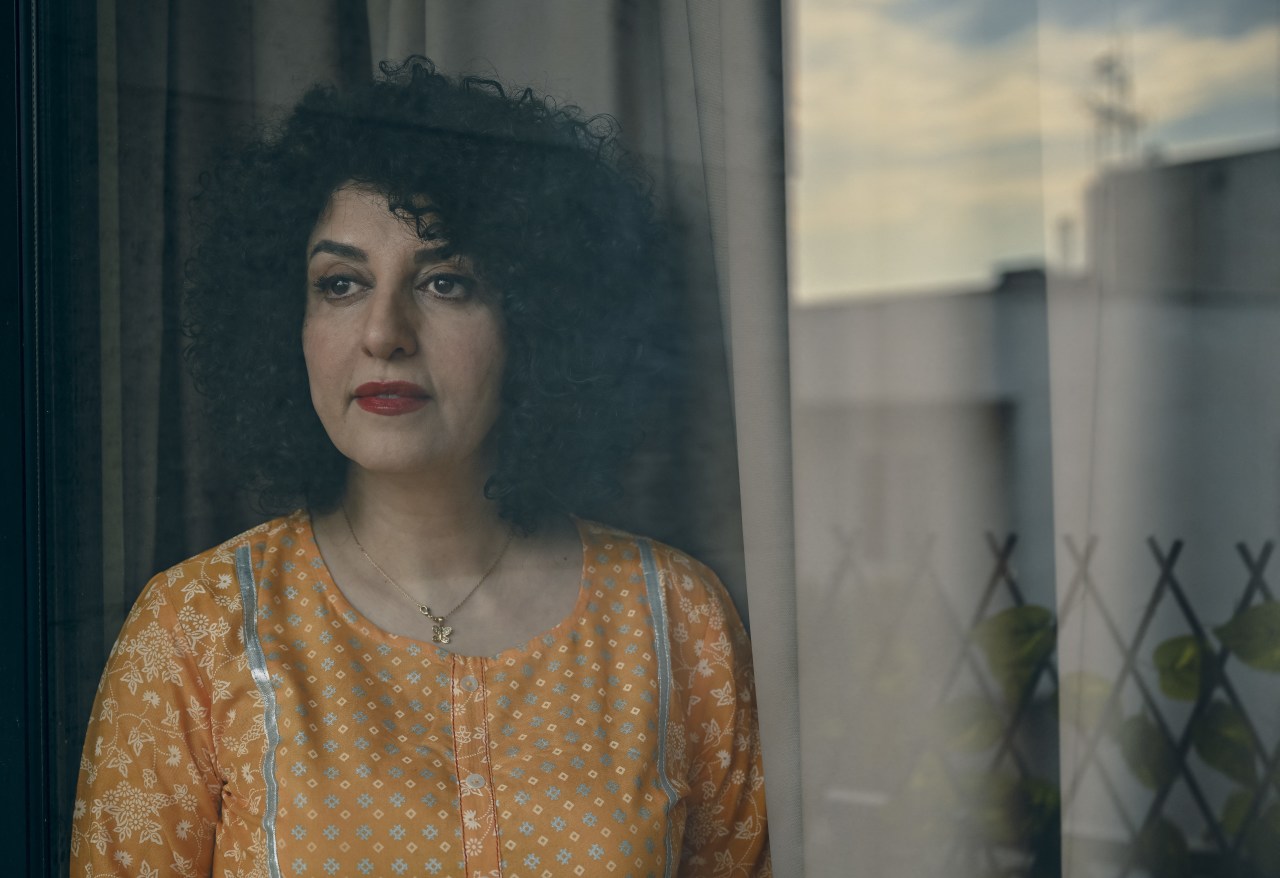Celebrated Brazilian chef Rodrigo Oliveira declined a catering request for a high-profile climate event hosted by Prince William on October 4, 2023. The event, attended by approximately 700 guests, aimed to highlight sustainable practices, particularly those connected to the Amazon rainforest. However, Oliveira felt the menu request did not align with his vision for showcasing authentic Amazonian culinary traditions.
The chef, known for his dedication to traditional Brazilian cuisine, expressed his reservations about the menu. He described the request as comparable to “asking Iron Maiden to play jazz,” emphasizing the stark contrast between his culinary philosophy and the proposed menu items. Oliveira aimed to present the rich flavors and diverse ingredients of the Amazon, a region he believes deserves greater recognition.
In a statement, Oliveira elaborated on his decision, noting that the request did not reflect the cultural significance of the dishes he wanted to serve. “It was essential for me to celebrate the Amazon and its culinary heritage, rather than conforming to an external expectation,” he said. His commitment to authenticity has earned him acclaim both locally and internationally, but it also poses challenges when faced with high-stakes events that require a different approach.
The climate event was part of a broader initiative led by Prince William to promote sustainability and raise awareness about environmental issues. The prince’s involvement underscores the importance of addressing climate change and the role that culinary practices can play in it. As a prominent figure in these discussions, Prince William sought to engage a diverse array of guests, making the event not just a social gathering but also a platform for meaningful dialogue.
Despite the missed opportunity to cater for such a significant event, Oliveira remains steadfast in his culinary mission. He has previously worked with local farmers and producers to source sustainable ingredients, ensuring that his dishes reflect the environmental ethos he champions. His approach resonates with many who advocate for preserving the Amazon’s biodiversity and supporting local communities.
Oliveira’s decision highlights a broader conversation about authenticity in the culinary world, especially in events that intersect with cultural representation and sustainability. The chef’s refusal to compromise his vision serves as a reminder of the importance of integrity in food culture, particularly when it comes to representing specific regions and their culinary legacies.
As the climate crisis continues to dominate global discussions, Oliveira’s stance prompts a reevaluation of how events are catered and the significance of honoring local traditions. His commitment to the Amazon’s culinary heritage reinforces the idea that food is not just sustenance but a cultural expression worthy of respect and celebration.
With the spotlight now on Oliveira and his principles, the culinary community is likely to reflect on what it means to honor authenticity while engaging with high-profile events. The conversation about sustainability in food practices has never been more urgent, and Oliveira’s insights contribute to a growing narrative that prioritizes cultural integrity alongside environmental responsibility. The chef’s refusal to cater to the menu request might have been a setback for this particular event, but it also opens the door for deeper discussions about the future of food, culture, and sustainability on a global stage.







